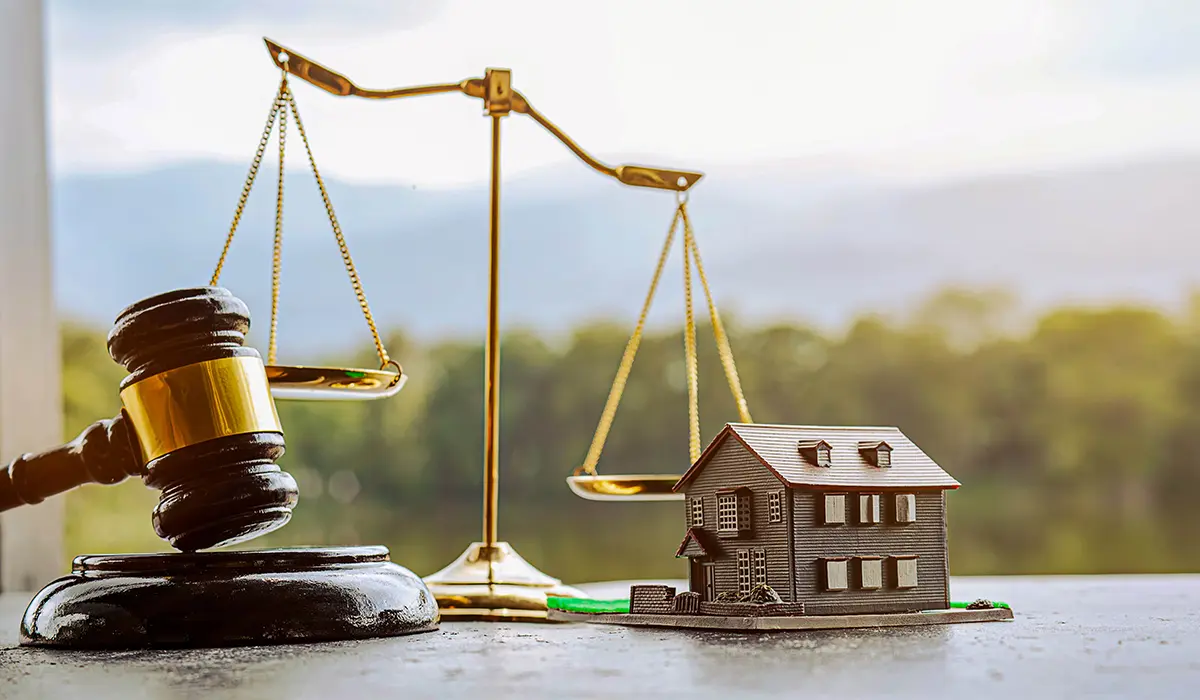What Is Commercial Property Dispute Resolution? A Practical Guide for Landlords and Tenants
Disagreements in commercial property matters are unfortunately common and can arise from a variety of issues such as lease terms, rent arrears, maintenance responsibilities, or breaches of contract. Whether you’re a landlord trying to protect your investment or a tenant trying to safeguard your business premises, understanding the process of commercial property dispute resolution is essential.
This guide provides practical insights into the resolution options available, typical issues encountered, and the steps landlords and tenants can take to resolve disputes effectively – without unnecessary cost or delay.
What Is a Commercial Property Dispute?
A commercial property dispute refers to a legal disagreement involving commercial premises. These can involve a wide range of issues, including:
- Non-payment of rent or service charges
- Disagreements over lease renewal or termination
- Maintenance, repair, and dilapidation claims
- Forfeiture of lease and possession proceedings
- Disputes about alterations or permitted use
- Subletting or assignment without consent
Disputes can arise at any stage of a lease – before signing, during occupancy, or at lease expiry. Whether you are a landlord or tenant, acting quickly and seeking professional legal advice can help prevent matters from escalating.
Why Disputes Arise in Commercial Tenancies
Commercial leases are legally complex documents. Even with well-drafted agreements, disputes can arise due to:
- Ambiguities in lease clauses
- Changes in business needs or market conditions
- Failure to meet contractual obligations
- Deterioration of the relationship between parties
- Unclear responsibilities for repairs or maintenance
Often, issues emerge when communication breaks down. Early legal intervention can clarify responsibilities and identify solutions before formal proceedings are required.
Dispute Resolution Methods
There are several methods for resolving commercial property disputes. The right approach depends on the complexity of the issue, the relationship between the parties, and the urgency of the matter.
1. Negotiation
This is usually the first step. Parties attempt to reach an agreement directly or through solicitors. Negotiation is often the quickest and most cost-effective option and can preserve commercial relationships.
2. Mediation
Mediation involves an independent third party who helps both sides reach a mutually acceptable resolution. It is confidential, less adversarial, and typically faster than going to court.
3. Arbitration
Arbitration is a private process where an arbitrator makes a legally binding decision. It is often used in lease agreements where both parties have agreed to resolve disputes this way.
4. Expert Determination
For technical disputes (e.g., rent reviews or repair standards), a qualified expert may be appointed to make a decision. Their decision is usually binding unless otherwise agreed.
5. Litigation
As a last resort, parties can resolve their dispute through court proceedings. Litigation may be necessary for serious or urgent issues, such as obtaining possession of a property or enforcing lease obligations.
Key Legal Considerations
Both landlords and tenants should be aware of their legal obligations. For example, under the Landlord and Tenant Act 1954, tenants may have a right to renew the lease unless the landlord can oppose it on specific statutory grounds.
Other key legal points include:
- Notice periods for termination or forfeiture
- Repairing obligations and Schedule of Condition reports
- Break clauses and their enforcement
- Service charge disputes and transparency
- Rent review clauses and mechanisms
Tips for Landlords
- Ensure leases are professionally drafted with clear responsibilities
- Keep thorough records of inspections, repairs, and communications
- Act quickly if the tenant breaches the lease
- Use professionals to negotiate and manage rent reviews
- Seek legal advice before initiating forfeiture or court action
Tips for Tenants
- Read your lease carefully before signing and understand your obligations
- Raise concerns early to avoid escalation
- Keep evidence of payments, repairs, and landlord communications
- Check your rights under the Landlord and Tenant Act 1954
- Seek advice before withholding rent or vacating premises
When to Involve a Solicitor
You should involve a solicitor as soon as a dispute appears likely. A commercial property solicitor can:
- Interpret lease terms and clarify responsibilities
- Negotiate on your behalf
- Represent you in mediation, arbitration, or litigation
- Help you avoid unnecessary costs or reputational damage
Early legal advice can often prevent lengthy and expensive disputes. At Blake-Turner Solicitors, we specialise in helping both landlords and tenants resolve commercial property disputes efficiently and effectively.
Conclusion
Commercial property disputes can be disruptive and costly, but they don’t have to be. By understanding your legal position and acting early, you can often reach a resolution without damaging your business or property interests.
Whether you’re dealing with unpaid rent, lease termination, or dilapidation claims, the team at Blake-Turner Solicitors is here to help. Contact us today for specialist advice tailored to your situation.
